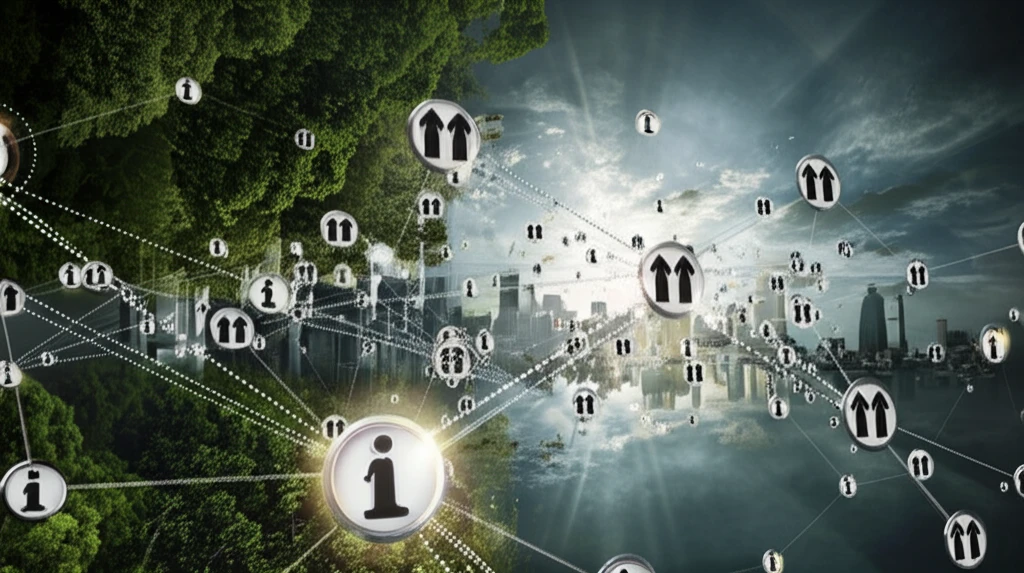
Naive Networks, Real Impact: How Flawed Social Learning Shapes Our World
"Uncover the hidden dangers of 'naive' social learning and how network structures can amplify misinformation, impacting everything from public health to financial markets."
In an era dominated by interconnected networks, from bustling social media platforms to intricate professional circles, the way we learn from each other has profound implications. Our daily choices, whether selecting a new gadget or embracing a health tip, are often molded by the actions and opinions of those around us. But what happens when our social learning mechanisms are flawed? This is where the concept of 'naive' social learning comes into play—a phenomenon where our tendency to oversimplify and misunderstand the influences of others can lead to widespread misinformation and misguided decisions.
Imagine a scenario where you're deciding on a new restaurant. You see a long line outside one establishment and assume it must be exceptional, without considering that the line itself might be influencing people's perceptions. This is a micro-example of naive social learning. Now, amplify this across thousands or millions of individuals connected through social networks, and the potential for widespread misjudgment becomes clear. From the propagation of health myths to the herding behavior seen in financial markets, the consequences of naive social learning can be significant and far-reaching.
Recent research has illuminated the subtle yet powerful ways in which network structures exacerbate the pitfalls of naive social learning. This article explores these dynamics, shedding light on how the architecture of our social connections shapes our understanding—often for the worse. We'll delve into the concept of 'inferential naiveté,' examine how network density and segregation amplify misinformation, and, most importantly, discuss strategies to navigate these challenges effectively. Whether you're a business leader, a healthcare professional, or simply a curious individual, understanding these dynamics is crucial for making informed decisions in an increasingly complex world.
What is Naive Social Learning and Why Does It Matter?

At its core, naive social learning refers to the process where individuals adopt the behaviors or beliefs of others without fully understanding the underlying reasons for those actions. This often stems from what researchers call 'inferential naiveté,' a cognitive bias where people fail to appreciate that the actions of others are influenced by a combination of private information and social pressures. In simpler terms, we often think people act a certain way because they know something we don't, without considering they might just be following the crowd.
- Overestimation of Others' Knowledge: Naive learners tend to assume that others have superior insights, leading them to disregard their own judgment.
- Neglect of Redundancy: Individuals often don't account for the fact that many people in a network might be getting their information from the same source, leading to an overemphasis on that information.
- Vulnerability to Manipulation: Naive learners are more susceptible to coordinated misinformation campaigns, as they lack the critical analysis to distinguish between genuine insights and manufactured trends.
Navigating the Complexities of Social Learning: Strategies for a More Informed World
While the challenges posed by naive social learning are significant, they are not insurmountable. By understanding the underlying mechanisms and biases at play, we can develop strategies to navigate these complexities and foster a more informed and resilient society. Critical thinking, media literacy, and network awareness are essential tools in this endeavor. By questioning the sources of information, seeking diverse perspectives, and understanding the architecture of our social networks, we can mitigate the risks of naive social learning and make more informed decisions. As our world becomes increasingly interconnected, the ability to learn effectively from each other—without falling prey to cognitive biases and misinformation—will be a crucial skill for navigating the complexities of the 21st century.
